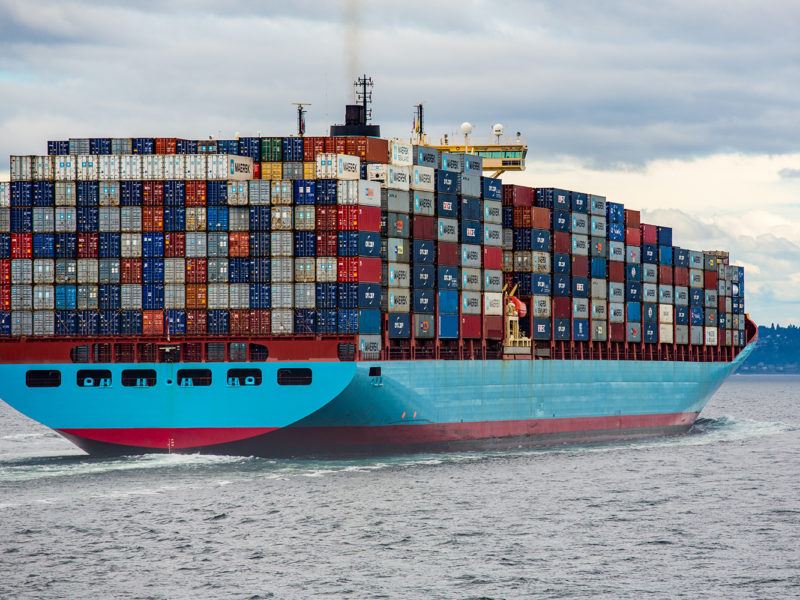A year after the first case of COVID-19 emerged in China, the country’s customs officials announced tough new inspection rules designed to prevent the virus from returning via food shipments.
On November 18, 2020, the General Administration of Customs China (GACC) requested that Canada and other trading partners revise export certificates for frozen and chilled fish and seafood products to incorporate new elements related to China’s concerns on COVID-19 and food safety by January 1, 2021.
The move follows GACC’s request earlier this year that governments provide assurances that food processors exporting to China have stringent measures in place to prevent product contamination.
Canada has provided the relevant documentation, according to the Canadian Food Inspection Agency. However, eight meat plants are no longer allowed to export to China following COVID-19 outbreaks this year.
Nevertheless, there is “no scientific evidence” to support claims that food or food packaging harbours the virus, according to CFIA. It notes the International Commission on Microbiological Specifications for Foods (ICMSF) says “there have been no confirmed cases of food or food packaging being associated with the transmission of COVID-19.”
“Canada continues to seek further information from China regarding the scientific basis for its recent measures relating to COVID-19 that are affecting trade in food and agricultural products,” a CFIA statement to Country Life in BC states. “CFIA continues to work with industry to adjust to these new requirements.”
Salmon raised by BC farmers is BC’s top export, part of the $145 million worth of frozen fish Canada exported to China in 2019. However, blueberries also rank among the $452 million worth of food BC exported to China last year but pork shipments were halted after China claimed to discover bogus documentation with incoming shipments. The documents were not present at the time of export, federal agriculture minister Marie-Claude Bibeau said during a visit to Vancouver last summer.
The current dispute concerns her.
“We are always following very closely all our trade, especially with China, to make sure we can keep our market open,” she told Country Life in BC, saying Canada continues to work with officials in China to resolve trade issues and keep the country on track for $75 billion worth of exports by 2025. “There are some impacts but we are also investing and working on diversifying our markets.”
“Our government defended supply management from a president who was very outspoken about the fact that he wanted it dismantled,” she maintains, voicing a commitment “to engaging the sectors on full and fair compensation for CUSMA.”
There is no timeline for concluding the discussions around CUSMA, which remain ongoing.
Bibeau’s promise of compensation came two days before the federal government’s fall fiscal update. The compensation package featured in the government’s spending plans as the single largest tranche of funding to help agriculture recover from the ongoing COVID-19 pandemic.


 Abattoirs eye pandemic funding
Abattoirs eye pandemic funding